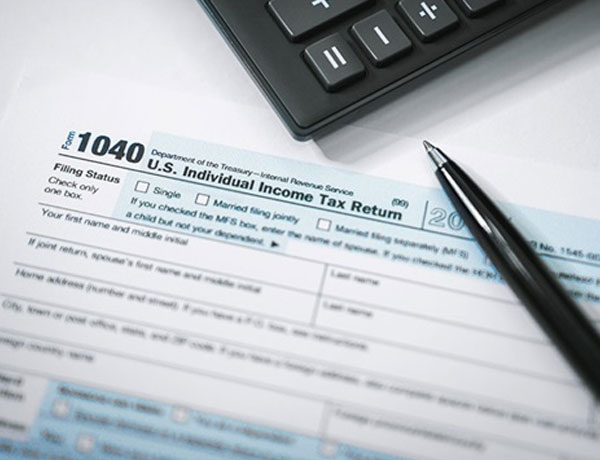The day is coming, Tax Day! This year, the tax deadline has been extended to May 17th due to the ongoing pandemic. The IRS permits contributions to specific accounts for the 2020 tax year before filing, so you can utilize the extra time to take advantage of strategies that could save you on your taxes. We thought we’d send along some tips to keep an eye out for when completing your taxes this year.
Traditional IRA. Contributions to a traditional IRA may be fully or partially deductible, depending on your filing status and income. The deduction may be limited if you or your spouse is covered by a retirement plan at work and your income exceeds certain levels. You have until May 17, 2021, to contribute up to $6,000 for the 2020 tax year ($7,000 if you’re 50 years or older).
Health savings account (HSA). You can claim a tax deduction for contributions you or someone other than your employer make to your HSA, even if you don’t itemize your deductions. Contributions to your HSA made by your employer (including contributions made through a cafeteria plan) may be excluded from your gross income. The contributions remain in your account until you use them. The interest or other earnings on the assets in the account are tax free. Distributions may be tax free if you pay qualified medical expenses. An HSA is “portable,” meaning it stays with you if you change employers or leave the workforce. To be an eligible individual and qualify for an HSA, you must be covered by a high deductible health plan (HDHP). Your maximum contributions for the 2020 tax year are $3,550 for individuals and $7,100 for families, plus an extra $1,000 catch-up contribution for those aged 55 or older. Contributions for the 2020 tax year can be made up until May 17, 2021.
Also, consider itemizing your tax deductions. Tax deductions lower your tax bill by lowering your taxable income. While the IRS doesn’t allow for retroactive deductions, it does allow you to choose between taking the standardized deduction amount or itemizing them. While itemizing takes extra time and can feel like a hassle, it may be worth it if your total deductions exceed the standardized deduction amount.
Here are two deductions that can impact your totals but are often overlooked:
Smaller, out-of-pocket charitable contributions. While larger deductions made via checks or payroll are hard to miss, the cost of stamps to mail out a school fundraiser flier or the miles driven in service of a charitable organization tend to fall through the cracks. Small expenses add up quickly.
Medical expenses not covered by your insurance. Medical expenses that exceed 7.5% of your adjusted gross income can be taken as a deduction. And there is a very broad list of qualifying expenses to consider, including Medicare Part B and Part D premiums. Find your receipts and tally the costs.
Preparing your taxes is a year-long event, not just a one-day conquest. Staying organized throughout the year will help ensure that none of your deductions or contributions are overlooked or forgotten this time next year. We’re happy to work with your tax professional to be sure your financial plan aligns with your tax strategy. Please don’t hesitate to connect us!
The content is developed from sources believed to be providing accurate information. The information in this material is not intended as tax or legal advice. It may not be used for the purpose of avoiding any federal tax penalties. Please consult legal or tax professionals for specific information regarding your individual situation. This material was developed and produced by FMG Suite to provide information on a topic that may be of interest. FMG Suite is not affiliated with the named broker-dealer, state- or SEC-registered investment advisory firm. The opinions expressed and material provided are for general information, and should not be considered a solicitation for the purchase or sale of any security. Copyright 2020 FMG Suite.


